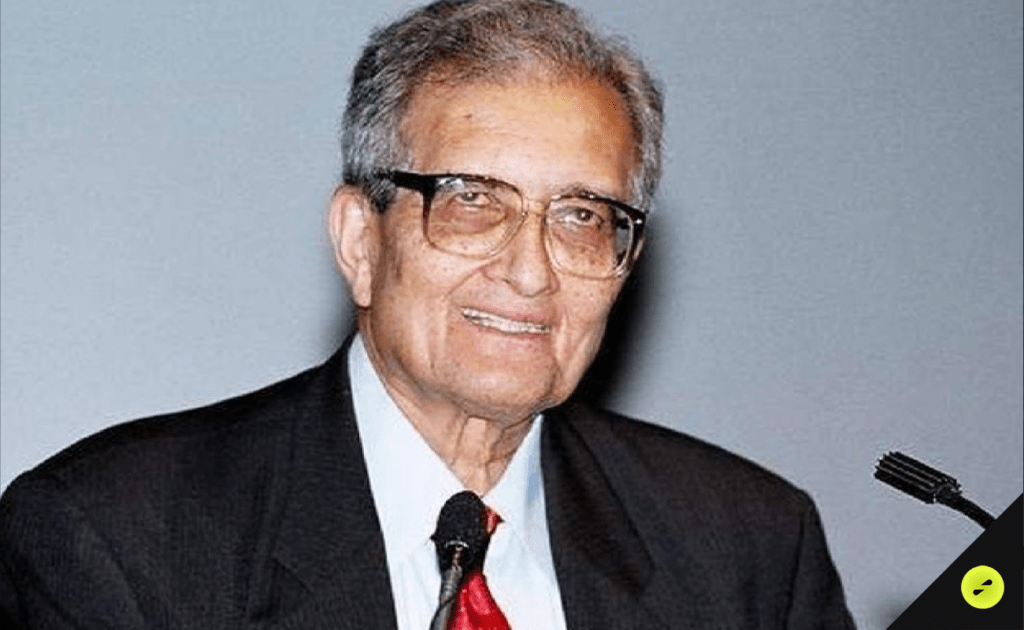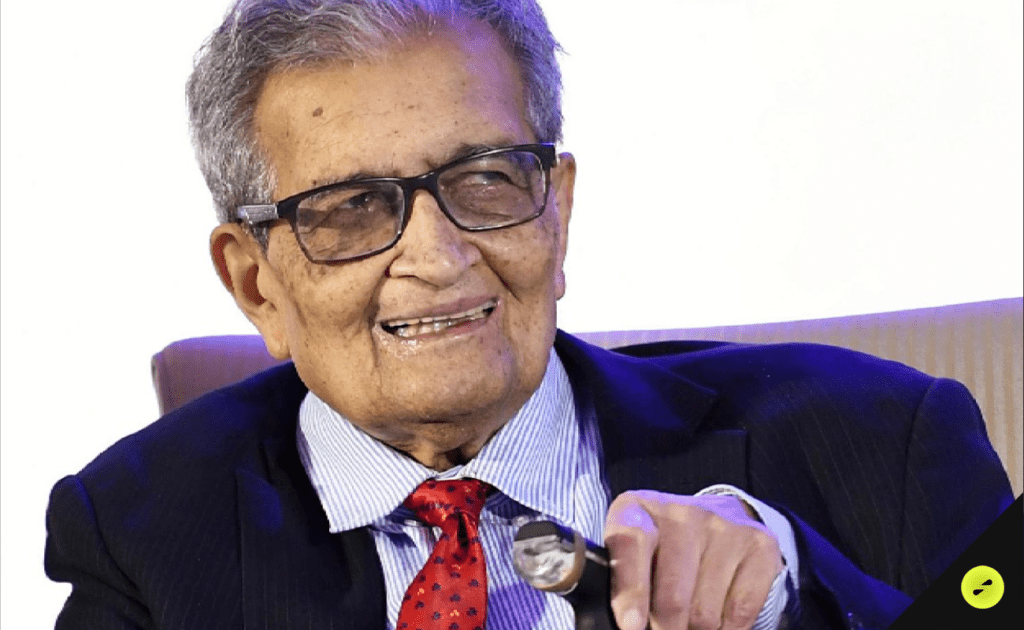Amartya Sen is an economist and philosopher of Indian origin who has been teaching and researching in the United Kingdom and the United States since 1972. Sen has made significant contributions to various fields such as welfare economics, social choice theory, economic and social justice, hunger economics theories, decision theory, development economics, public health, and welfare measurements of countries.
Amartya Sen has served as the president of Trinity College, affiliated with Cambridge University. He is currently the Thomas W. Lamont University Professor and Professor of Economics and Philosophy at Harvard University. He was awarded the Nobel Prize in Economics in 1998 for his work on welfare economics and the Bharat Ratna, India’s highest civilian honour, in 1999. If you want to learn more about him, you can check out the subheadings in this Zatrun.com article.

Who is Amartya Sen?
Amartya Sen was born on 3 November 1933 in Santiniketan, a town in the Bengal region of British India. The famous poet Rabindranath Tagore gave his name. His family was a Hindu Baidya family from present-day Bangladesh. His father Ashutosh Sen was a chemistry professor at Dhaka University and worked as the chairman of the West Bengal Public Service Commission. His mother Amita Sen was the daughter of Kshiti Mohan Sen, a renowned expert on medieval India. Sen moved to West Bengal with his family in 1945.
Sen began his education at Visva-Bharati University in Santiniketan. He then studied economics at Presidency College of Calcutta University. He was accepted to Trinity College of Cambridge University with a scholarship in 1953. He did his PhD on mathematical economics there. In his doctoral thesis, he worked on social choice theory and generalised Arrow’s impossibility theorem.

Academic Career
Amartya Sen started his academic career as a faculty member at Jadavpur University. He then worked at various institutions such as Delhi School of Economics, London School of Economics, Oxford University, Massachusetts Institute of Technology, Princeton University and Cornell University. He moved to Harvard University and became the Lamont University Professor in 1987. He served as the president of Trinity College from 1998 to 2004. He returned to Harvard in 2004.
Sen’s research areas are broad and diverse. He has made significant contributions especially in the field of welfare economics. Welfare economics is a branch of economics that tries to measure how close people are to living well. Sen argued that the traditional criteria used in welfare economics (such as income, consumption, growth) were inadequate. Instead, he proposed the concept of “capabilities” that people can achieve.
Amartya Sen is known for his work on topics such as welfare economics, human development theory, poverty, hunger, and gender inequality. He won the Nobel Prize in Economics in 1998. Sen’s books have been translated into more than thirty languages. Some of the works that Sen has written and are considered important so far can be found below.
Sen’s Major Works
- “Identity and Violence: The Illusion of Destiny (2006)”: In this book, Amartya Sen examines the concept of identity and its relation to violence. According to Sen, people cannot be reduced to a single identity. Each person has multiple identities, and they interact with each other. The source of violence is a perspective that sees identities as one-dimensional and fixed. Sen opposes this perspective and defends the diversity and freedom of choice of identities.
- “Ethics and Economics (1987)”: In this book, Sen emphasizes the ethical dimension of economics. According to Sen, economics is not just about mathematical models. Economic decisions affect people’s well-being, justice, and freedom and this should be considered. Sen establishes the connection between economics and philosophy and argues that economic analysis should be based on ethical values.
- “Development as Freedom (1999)”: In this book, Amartya Sen discusses what development is and how it can be measured. According to Sen, development is not just income increase or growth rate. The main goal of development is to expand people’s freedoms. Freedoms refer to both what people can do and what they want to do. Sen considers people’s capabilities and options as the criterion of development.
These three books can be considered among Amartya Sen’s major works. Other books by Sen include “Poverty and Famines (1982)”, “Inequality Re-examined (1992)”, “The Argumentative Indian (2005)”. Sen’s works have made significant contributions to both economics and philosophy.












